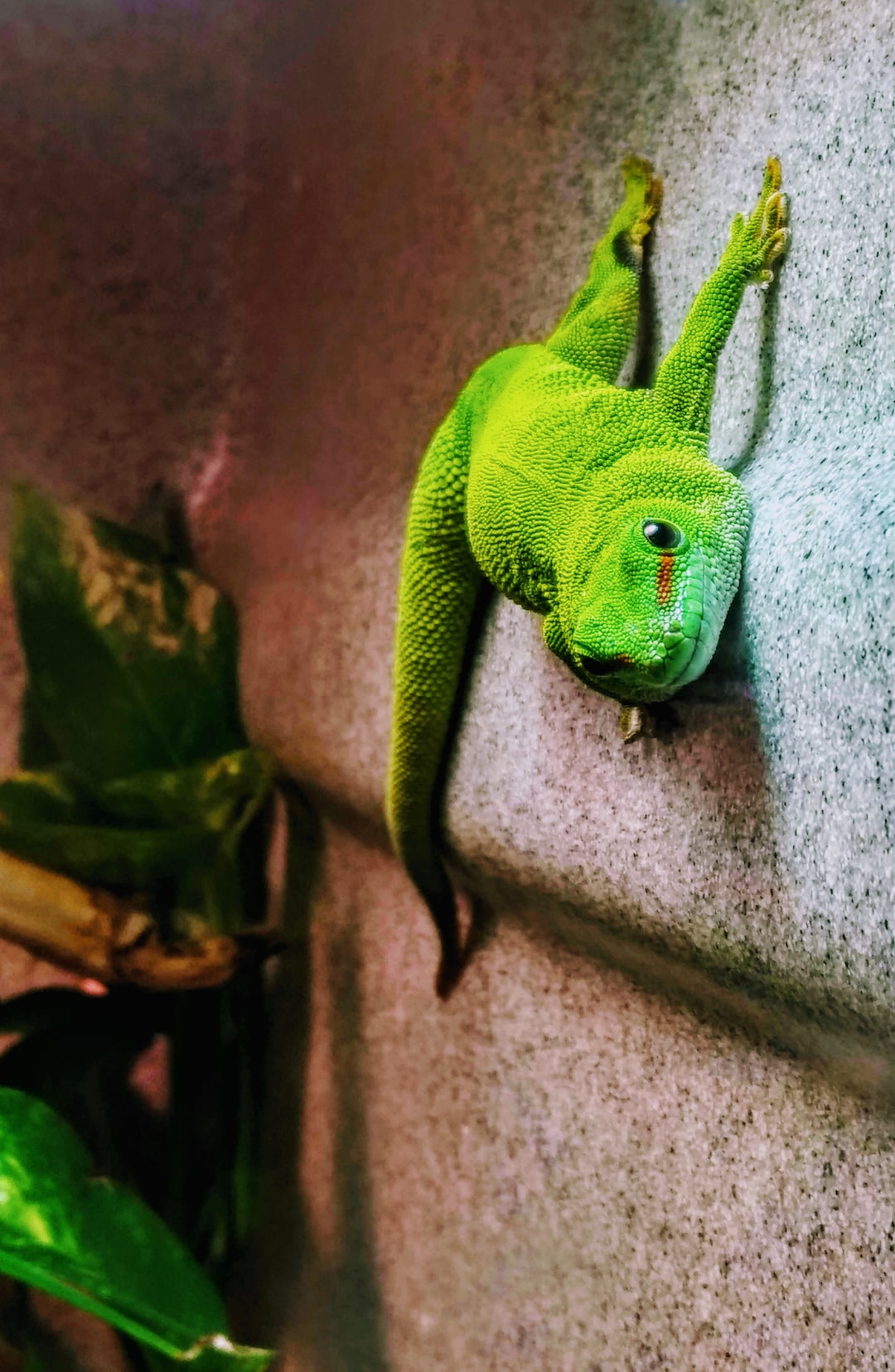The Truth About Animal Testing: Ethical Concerns and Alternatives
Animal testing has long been a controversial topic, sparking ethical debates across the globe. Supporters argue that it is necessary for scientific progress and the development of life-saving drugs, while opponents argue that it is inhumane and unnecessary, given the availability of alternative testing methods. In this blog post, we will delve into the truth about animal testing, exploring the ethical concerns surrounding it and the alternatives that exist.
One of the key ethical concerns regarding animal testing is the suffering inflicted upon the animals involved. Numerous animals, including rabbits, rats, mice, and dogs, are subjected to various experiments that often involve pain and distress. This raises the question of whether it is morally justifiable to cause harm to these innocent creatures for the sake of human progress.
Moreover, animal testing also raises concerns about its accuracy and reliability. Many argue that the physiological differences between animals and humans make it challenging to extrapolate results accurately. This leads to potential inefficiencies in drug development and possible adverse effects when these drugs are administered to humans. Additionally, critics argue that animal testing can provide misleading results due to species variations, further questioning its validity as a reliable method of testing.
Fortunately, several alternatives to animal testing have emerged in recent years, offering promising solutions to both ethical concerns and scientific limitations. One such alternative is the use of in vitro methods, which involve testing on cultured human cells. These methods can provide more precise results and eliminate the need for animal involvement. From skin and eye irritation tests to toxicity and efficacy assessments, in vitro methods have proven to be effective and reliable alternatives.
Another alternative gaining traction is the use of computer modeling and simulation techniques. These technologies allow researchers to create virtual models of human organs, tissues, and systems, enabling them to simulate drug interactions within the human body. Computer modeling allows for a more comprehensive understanding of how drugs may behave and provides valuable insights into their potential effects, reducing the need for animal testing.
Furthermore, advancements in genomics and molecular biology have paved the way for more personalized medicine. With the advent of precision medicine, researchers can analyze an individual’s genetic makeup to design treatments specific to their needs. This approach minimizes the need for animal testing by tailoring medications directly to the patient, ensuring efficacy and reducing the risk of adverse reactions.
However, it is crucial to acknowledge that complete elimination of animal testing is currently unrealistic. In certain cases where there are no viable alternatives, animal testing may still be necessary for the development of life-saving treatments. However, it is essential to establish stringent guidelines and regulations to ensure that animal testing is minimized and conducted ethically, utilizing the three R’s principle: reduction, refinement, and replacement.
In conclusion, the truth about animal testing lies within the ethical concerns it raises and the alternatives that exist. While some argue its necessity for scientific progress, others advocate for the use of alternative testing methods that are less cruel and more accurate. Innovation in in vitro techniques, computer modeling, and personalized medicine offers hope for reducing the reliance on animal testing. It is crucial to strike a balance between scientific advancement and ethical considerations, striving towards a future where animal testing is minimized, eventually becoming obsolete.

